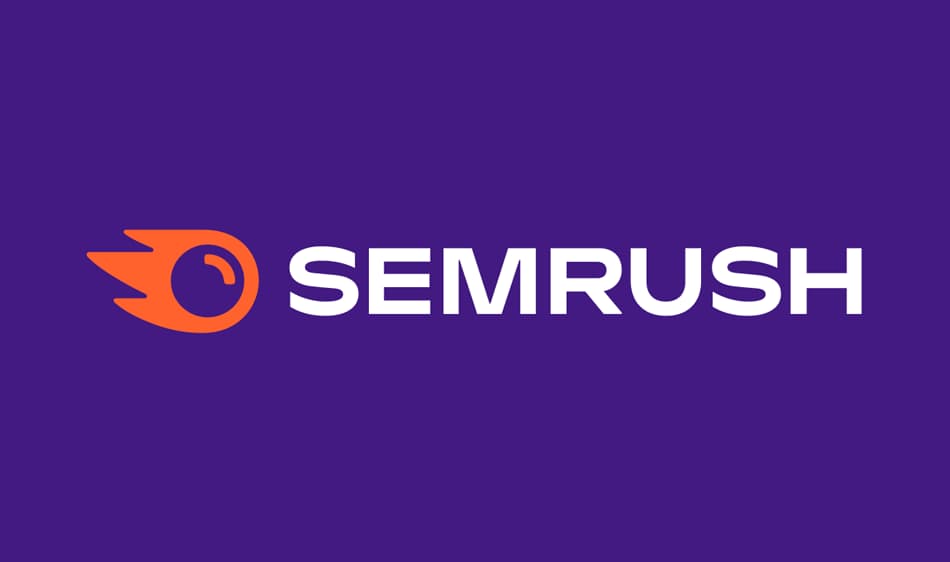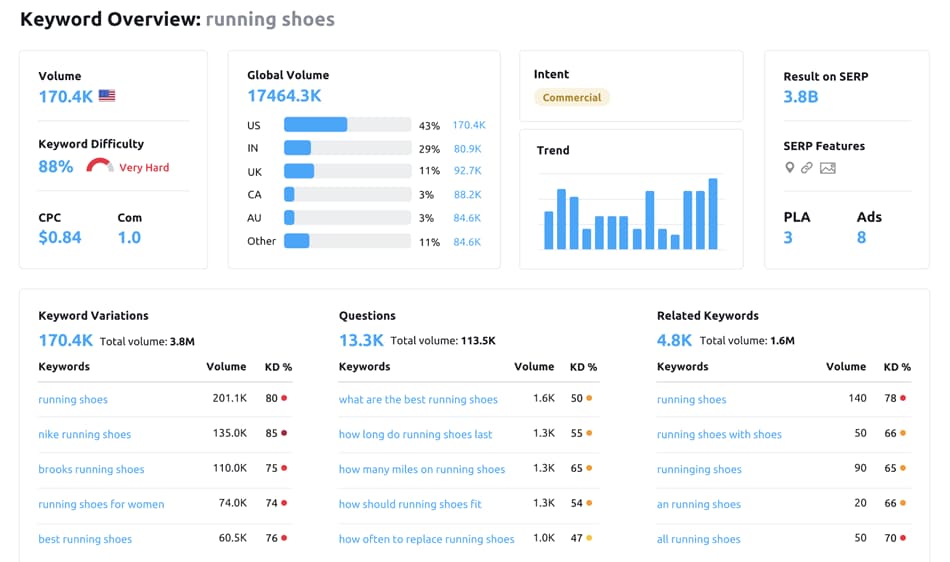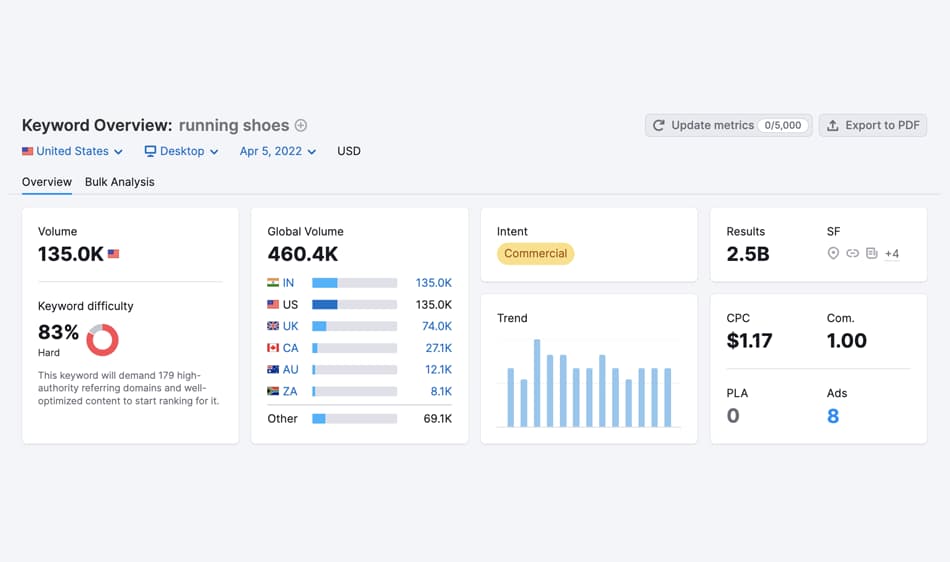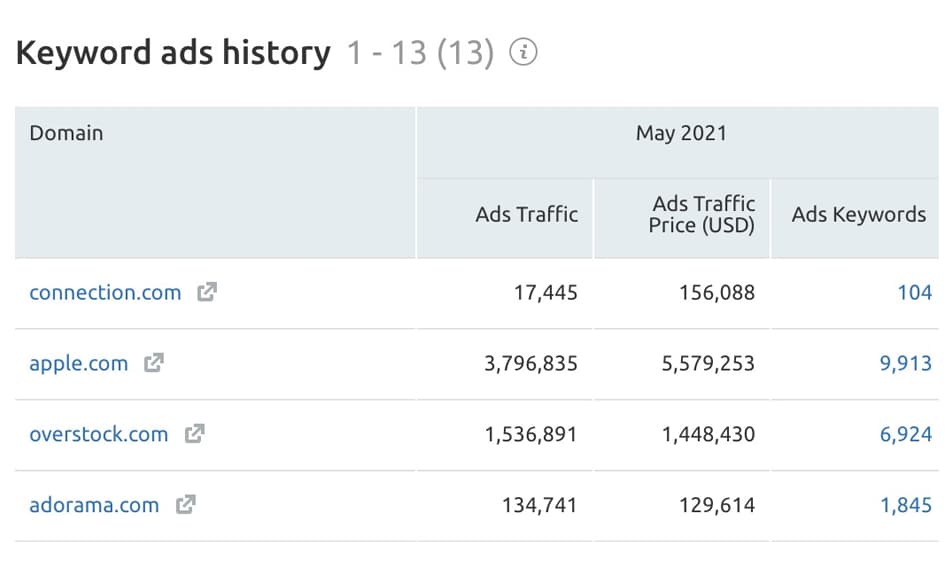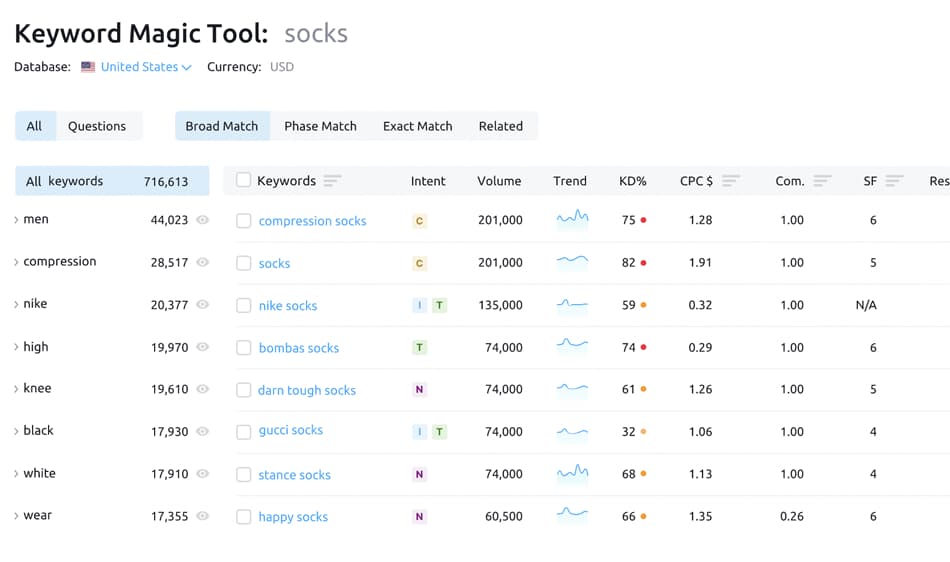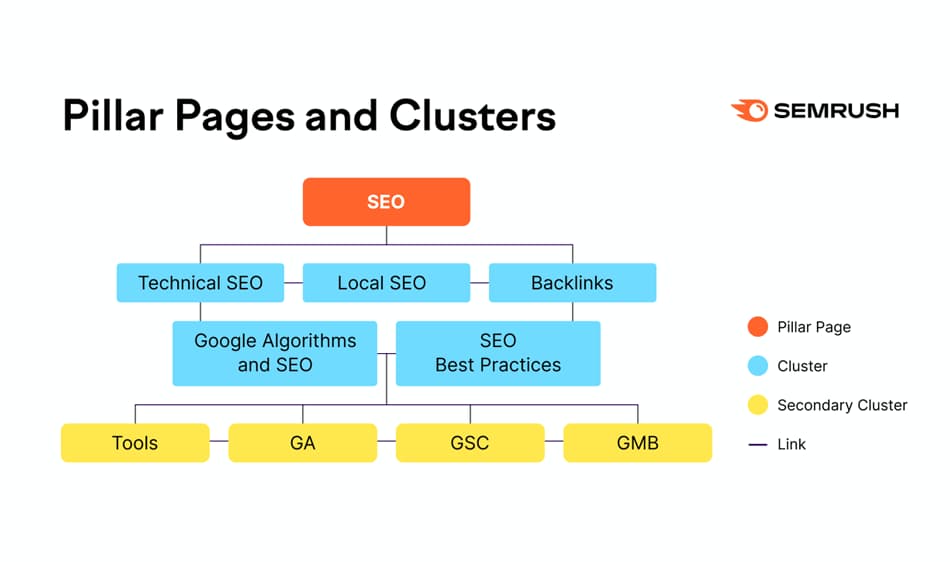How Does SEMrush Get Its Data? | SEMrush Insights

SEMrush is one of the most popular SEO tools available and can provide accurate insights to help inform its users’ decisions.
I am often asked about the accuracy of SEMrush data and where the data is actually pulled from.
In this guide, we will look at SEMrush in detail and find out exactly where SEMrush gets its data from.
What is SEMrush good for?
- What is SEMrush good for?
- Where does SEMrush get its data from?
- How does SEMrush calculate traffic?
- How often is SEMrush data updated?
- Conclusion
SEMrush offers a powerful suite of tools for improving online visibility and discovering marketing insights.
The data collected by SEMrush can help marketers make decisions on their marketing campaigns, whether that be for SEO, PPC or social media.
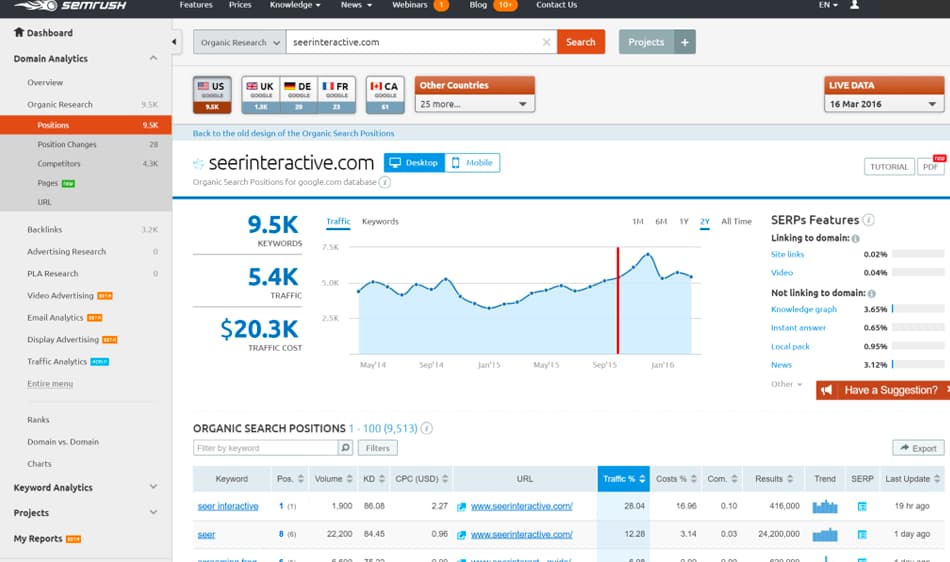
SEMrush is good for providing key insights that can help inform your marketing strategy. These insights include:
- Keyword ranking data
- Keyword search volume
- Keyword difficulty
- Search intent
- Historic PPC data
- Competitor rankings
- Site authority
- Backlink data
This data is essential for digital marketing as it helps you to understand your competitors, the competitive landscape of your niche and what your potential customers are looking for.
Where does SEMrush get its data from?
SEMrush has its own machine learning algorithms and trusted data providers that give users the most accurate data possible. SEMrush is dedicated to providing the most accurate data possible to ensure that it continues to be one of the leading data sources and marketing tools for its customers.
Search Engine Data
SEMrush provides accurate search engine data that includes domain information, backlinks pointing to those domains and keyword rankings. The SEMrush database includes 580 million domains, 500TB of raw website traffic data for 190 countries and regions and 22 trillion backlinks. This gives users a complete overview of the search engine results and helps inform marketing campaign decisions.
Search Engine Data Collection
SEMrush use third party data for search engine and keyword analytics. It provides users with real data for over 500 million of the most popular keywords that online users are actively using to search in Google. Along with the data SEMrush collects on websites, this helps provide users with an accurate picture of what websites have what visibility on the search results pages.
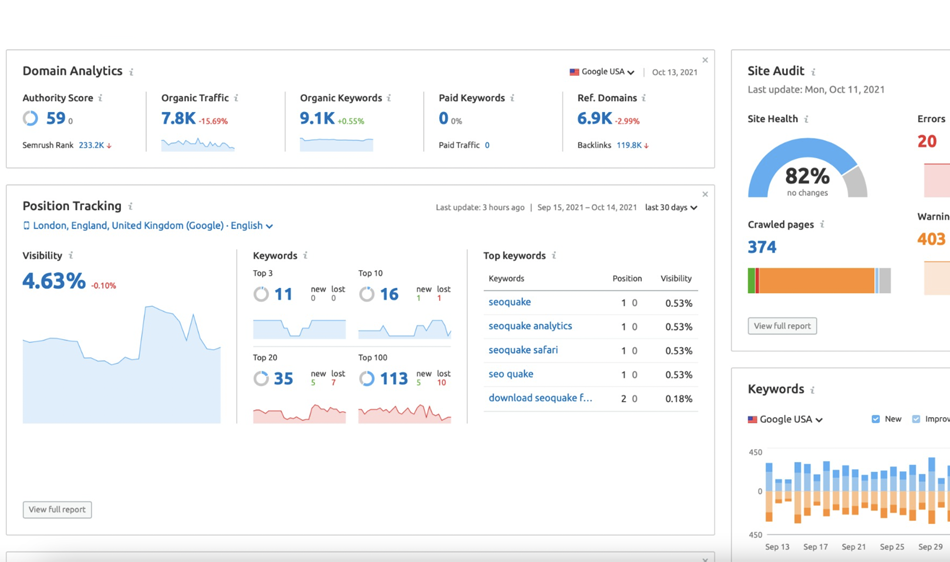
Website Traffic Analytics
With SEMrush, you can access data on more than 200 million real internet users from around 190 countries and regions. SEMrush Traffic Analytics and SEMrush Market Explorer are two tools that are offered to SEMrush customers that will give you access to this hugely valuable data. For search engine optimization and understanding what your potential customers are searching for and what your competitors are ranking for, this data is priceless.
Backlink Data
With SEMrush, you can view any website’s backlink profile to analyse your own site or a competitor. Their database is home to trillions of backlinks across the web and can provide a clear picture of pretty much any niche in terms of its competitiveness based on the number of backlinks pointing at a particular website.
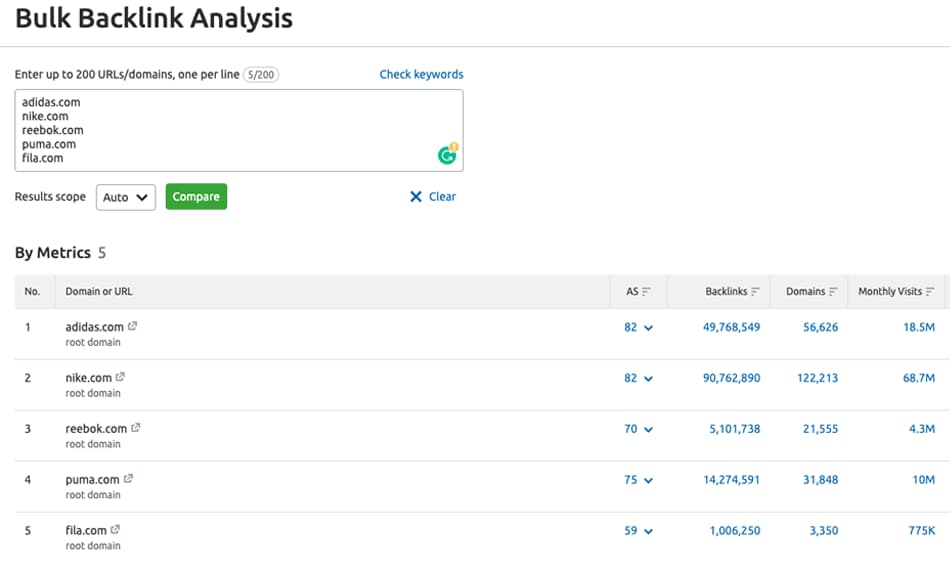
Online Advertising Data
SEMrush is the ultimate tool for researching and analyzing Google Ads. With their extensive databases, SEMRush has everything you need to know about advertisers and their paid advertising activity through Google. Whether that is via Search Ads or Shopping Ads, SEMrush can provide marketers with useful insights on the types of ads that are running for keywords and how much it is costing businesses to run them.
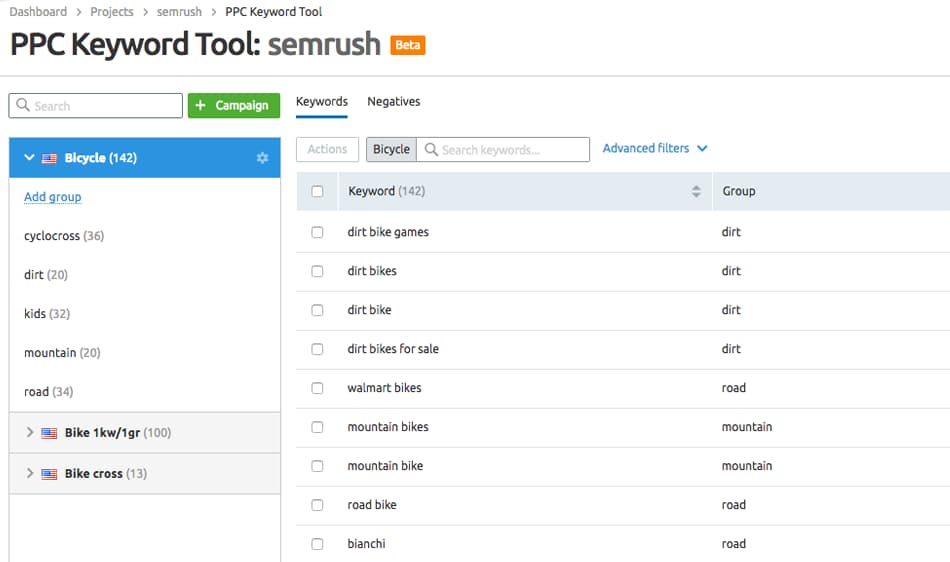
How does SEMrush calculate traffic?
SEMrush provides accurate traffic estimates and provides this in the Overview, Landing Page and Discovery Reports tools.
Estimated traffic is calculated by multiplying the click-through rate by the keyword search volume and then dividing by 30 (the number of days in a month). The probability of a customer clicking on a website is higher when it is higher on the search engine results page and ultimately means that there is a higher chance of the click-through rate being greater when a website is in those top 1-10 positions.
Whilst you need to take these metrics with a pinch of salt, they can provide a fairly rough estimate of how much traffic you or another website will be getting every month.
How often is SEMrush data updated?
The SEMrush database is updated on a weekly basis. This means that the ranking data, keyword data and website data are relatively fresh and means you can make informed decisions that are reasonably accurate.
Conclusion
No SEO tool is going to be 100% accurate in terms of the data it provides and when it comes to research, whether that be your competitors or of a particular niche, you should always try and get as much information as you can.
SEMrush data is one of the more accurate sources in comparison to other SEO tools that are available. It is updated on a weekly basis and provides comprehensive information on keywords, organic traffic insights and search position data that can be extremely useful for any online business.


